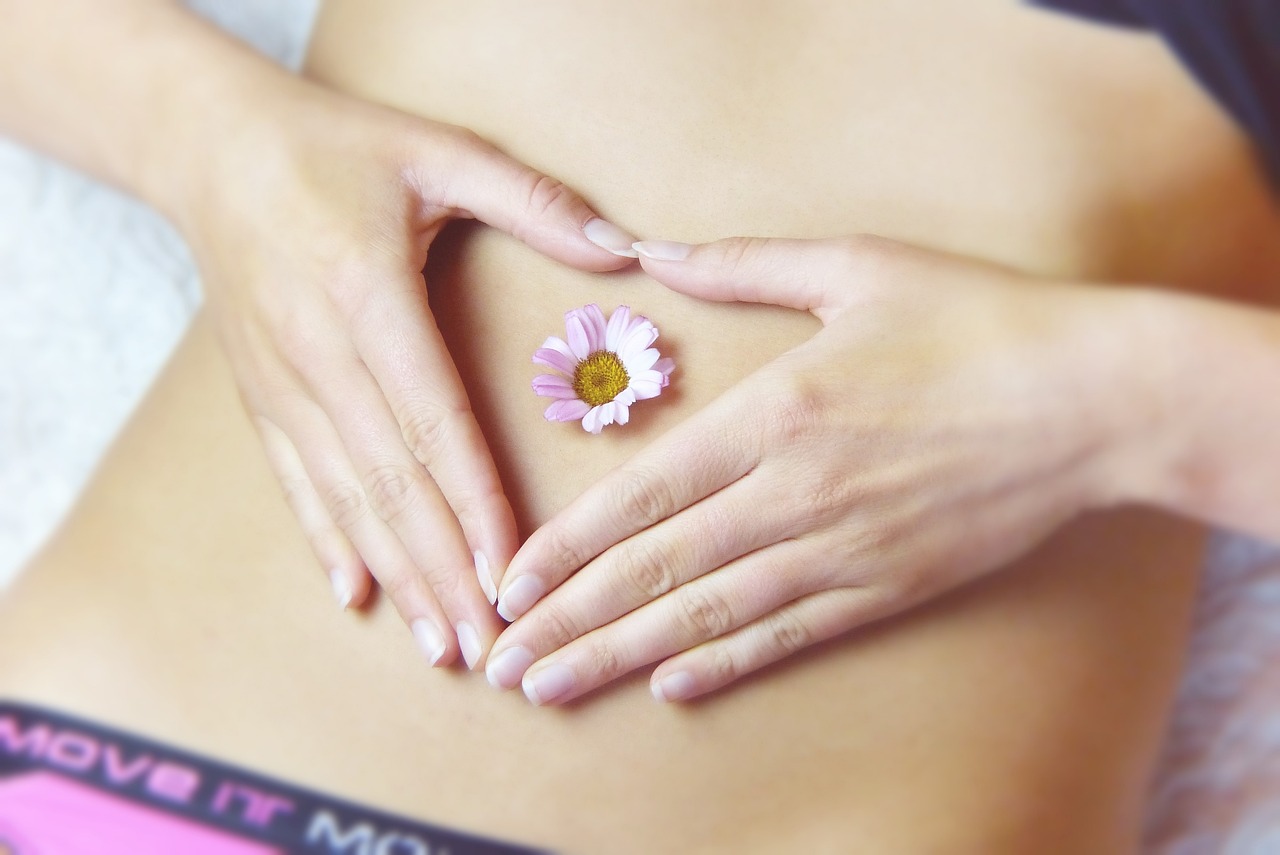How well do women understand their menstrual cycle? Despite being a major ongoing factor of a woman’s health that is supposedly covered in health classes and can last from age 10 – all the way into your 60s or 70s – many women may not fully understand what exactly is causing their period and how the menstrual cycle actually works.
In a survey conducted on 1,000 women, aged 18 and over, who experience periods without using hormonal birth control, HRT, or gel, womens’ health experts, Forth, may have discovered a staggering problem with the curriculum when it comes to womens’ health.
It’s always important to understand your own health for a variety of reasons, including seeking medical help when, and if, required – but when it comes to female health, that seems to be lacking.
When asked to pick between two definitions for the menstrual cycle, with only one being correct, only 55% of women in the survey selected the correct definition; ‘The length of your menstrual cycle is counted from the first day of your period up until the day before your next period’. The false definition, ‘The length of your menstrual cycle is counted from the first day of your period to the day your period stops’ was selected by 23% of the remaining women, and 21% said they simply weren’t sure what the answer was. With periods being such a major part of most womens’ lives, it’s shocking that so few women can confidently say that they understand the process happening inside their body. Incorrect understanding of the menstrual cycle can also be linked to incorrect usage of contraception and failure to conceive when actively trying. Lesser-known infections, like mycoplasma genitalium, can also affect reproductive health, often going undetected but potentially leading to complications if left untreated.
In similar lines, when asked which hormones regulate the menstrual cycle, the women were given 9 choices – including ‘I don’t know’. The correct two choices were oestrogen and progesterone, and these were selected by the majority – but it wasn’t the landslide victory you would expect.
- Oestrogen (38%)
- Progesterone (28%)
- Follicle-stimulating hormone (15%)
- Testosterone (14%)
- Luteinising hormone (14%)
- Cortisol (14%)
- Thyroid hormone (9%)
- Prolactin (9%)
- I don’t know (31%)
A staggering 31% of women stated that they didn’t know which hormones regulate their periods, with 14% of the women asked believing that testosterone was responsible.
With hormonal irregularities being one of the major factors in determining reproductive health and negative period symptoms, understanding the hormones that are responsible for the inner-workings is clearly of importance.
Finally, when asked to select the option that correctly lists the 4 stages of the menstrual cycle – Menstruation, Follicular Phase, Ovulation, Luteal Phase – only 16% of respondents made the right selection. Again, a shocking 36% stated that they ‘don’t know’ the answer, showing a clear pattern in terms of how in-depth the current education system actually is when it comes to womens’ health.
Sarah Bolt, CEO at Forth said: “With so much riding on a healthy menstrual cycle – from pain and bone health to infertility – it’s surprising to see that so many women don’t have a full understanding of such a crucial part of their health. But, it’s never too late to understand more about the huge impact your menstrual cycle can have on your overall health and there are resources out here to help fill in the gaps women have in their hormone knowledge.”






